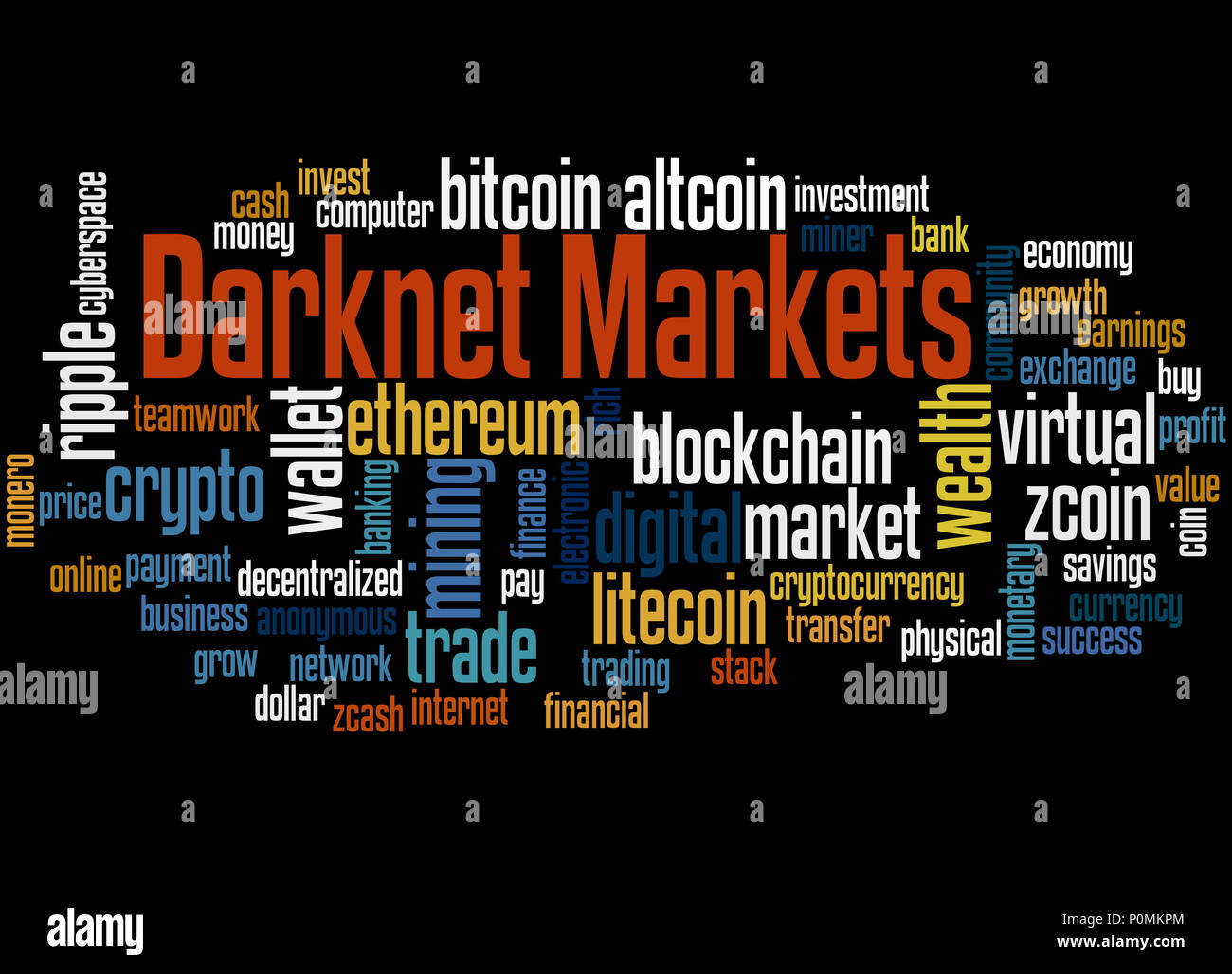In recent years, the fascination of the dark web has captured the interest of researchers, law enforcement, and curious individuals alike. Frequently veiled in mystery, the darknet offers a unique glimpse into a secret economy that exists beneath the layer of the web. This shadowy realm hosts a range of platforms that trade in a wide array of virtual products and services to illicit items, drawing participants with the offer of anonymity.

Investigating dark web platforms reveals a intricate ecosystem where transactions are conducted using virtual currencies and community evaluations drive credibility. While some individuals may dare into these realms for harmless pursuits, such as viewing forbidden information, others may pursue more malicious activities. Grasping the details of these sites is crucial to grasping the broader implications of the hidden economy that flourishes beyond the grasp of conventional supervision and regulation.
Grasping the Dark Web
The dark web refers to a section of the internet that is not indexed by conventional search engines and needs particular software to access. In dark market onion to the visible web, which is available to anyone with an online connection, the dark web operates on an secure network, making it difficult to trace users and their actions. This level of secrecy draws in a range of people, including those wanting confidentiality and security, as well as those involved in illegal actions.
Gaining entry to the hidden web typically requires using particular software such as Tor, which enables users to connect to different sites without disclosing their personal information. These sites often use strange website endings, creating a distinct environment that varies greatly from mainstream online actions. While numerous users visit the dark web for valid reasons, such as overcoming censorship or protecting sensitive data, it has also become a nexus for illegal trade, including the sale of narcotics, weapons, and illicitly acquired information.
The dark web consists of many marketplaces where products and services can be bought and traded under the veil of secrecy. These platforms operate similarly to conventional e-commerce sites, with user ratings, product catalogs, and payment methods often relying on cryptocurrencies. However, the risks and uncertainties associated with these deals are considerable, as users may encounter scams, law enforcement operations, and serious crime, highlighting the more sinister side of this concealed economy.
Major Dark Web Marketplaces
Throughout the development of the dark web, several platforms have emerged as key contenders in the underground economy. One of the most well-known was Silk Road, which functioned from 2011 until its seizure by law enforcement in 2013. It became infamous for facilitating the sale of illegal drugs and other illicit goods, functioning on a model that relied heavily on Bitcoin for transactions. Silk Road's rise and collapse set a standard for future platforms, demonstrating both the potential for profit in the dark web and the risks of functioning in a lawless space.
Following Silk Road's shutdown, new marketplaces quickly took its place, including AlphaBay and Hansa. AlphaBay, which launched in 2014, grew to become one of the largest dark web marketplaces until it was dismantled in 2017. It offered a wide range of illegal products and services, from narcotics to hacking tools, and introduced innovative features such as user reviews and vendor verification. Hansa, on the other hand, was raided by law enforcement at the same time as AlphaBay, leading to a coordinated crackdown on two major hubs for dark web trade.

In the wake of these closures, new entrants like Dream Market and Empire Market emerged to fill the space. Dream Market operated from 2013 until 2019 and offered a platform for vendors to sell diverse goods, often emphasizing user safety and anonymity. Empire Market became prominent as a successor to previous sites, offering a large selection while also implementing enhanced security measures to protect its users. As these marketplaces continue to evolve, they highlight the persistent demand for dark web goods and the cat-and-mouse game between law enforcement and illicit online commerce.
Perils and Legal Implications
Engaging with dark web marketplaces carries substantial risks that go far beyond the legal consequences. Users often expose themselves to online threats, including viruses, unauthorized access, and identity theft. The anonymity of the dark web can create a false sense of security, making individuals susceptible to scams and fraud. Additionally, the concealment of transactions does not mean that users are protected to repercussions; law enforcement agencies are increasingly employing sophisticated techniques to trace and apprehend those involved in criminal acts on the darknet.
From a legal perspective, visiting and engaging in dark web markets can lead to serious consequences. Many of the goods and products offered on these sites, such as illegal substances, firearms, and illicit information, are prohibited in most regions. Transacting on these marketplaces can result in prosecution, fines, and imprisonment. Even mere possession of compromised materials linked to darkweb activities can draw the attention of law enforcement, leading to investigations that can destabilize careers and lives.
Additionally, the legal landscape surrounding the darkweb is shifting, with governments implementing tougher regulations and punishments for digital crimes. As authorities become more skilled at monitoring darkweb traffic and catching wrongdoers, the dangers escalate for anyone who attempts to navigate these unclear waters. Understanding the legal implications is crucial for anyone thinking about involvement, as the clandestine market comes with significant consequences that can impact individual liberties and security.
